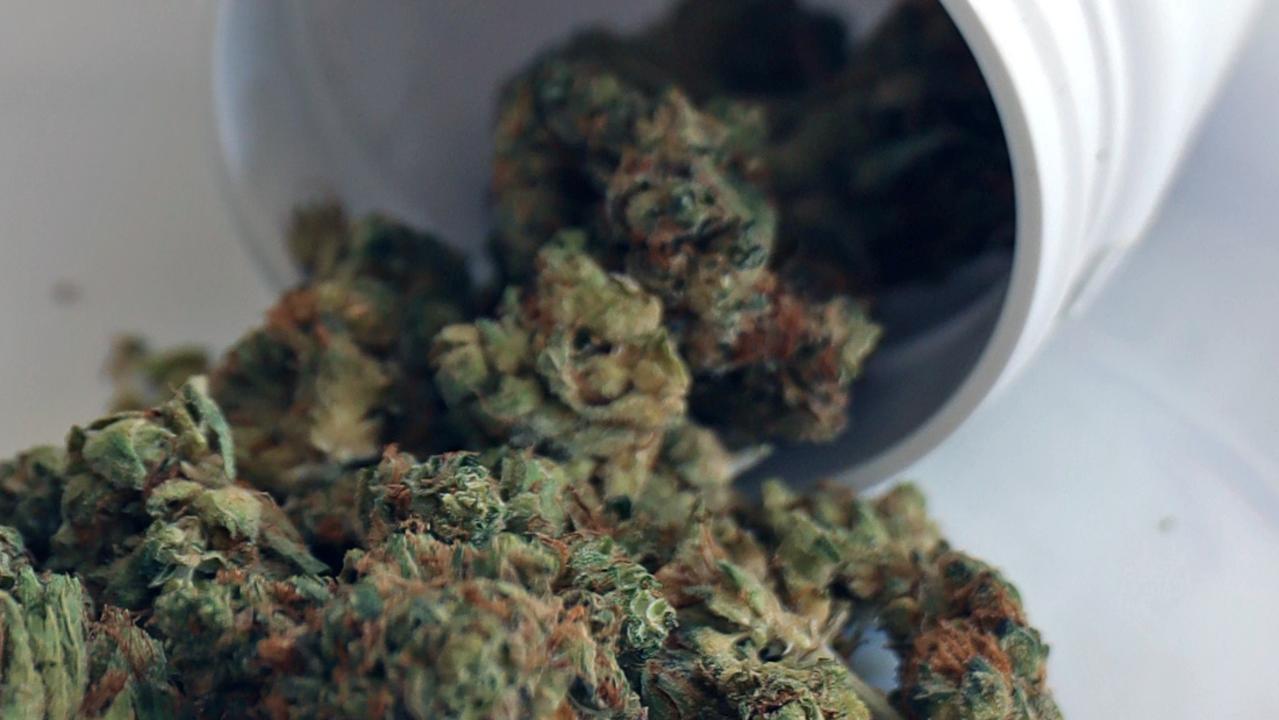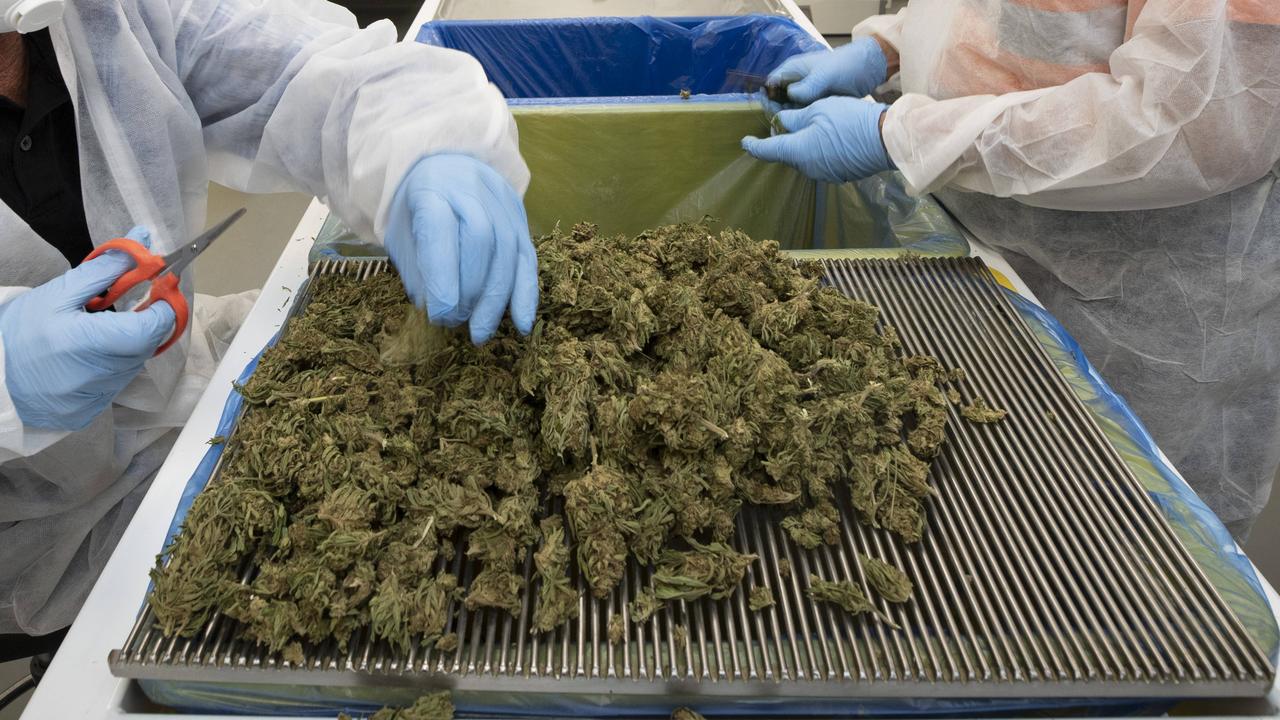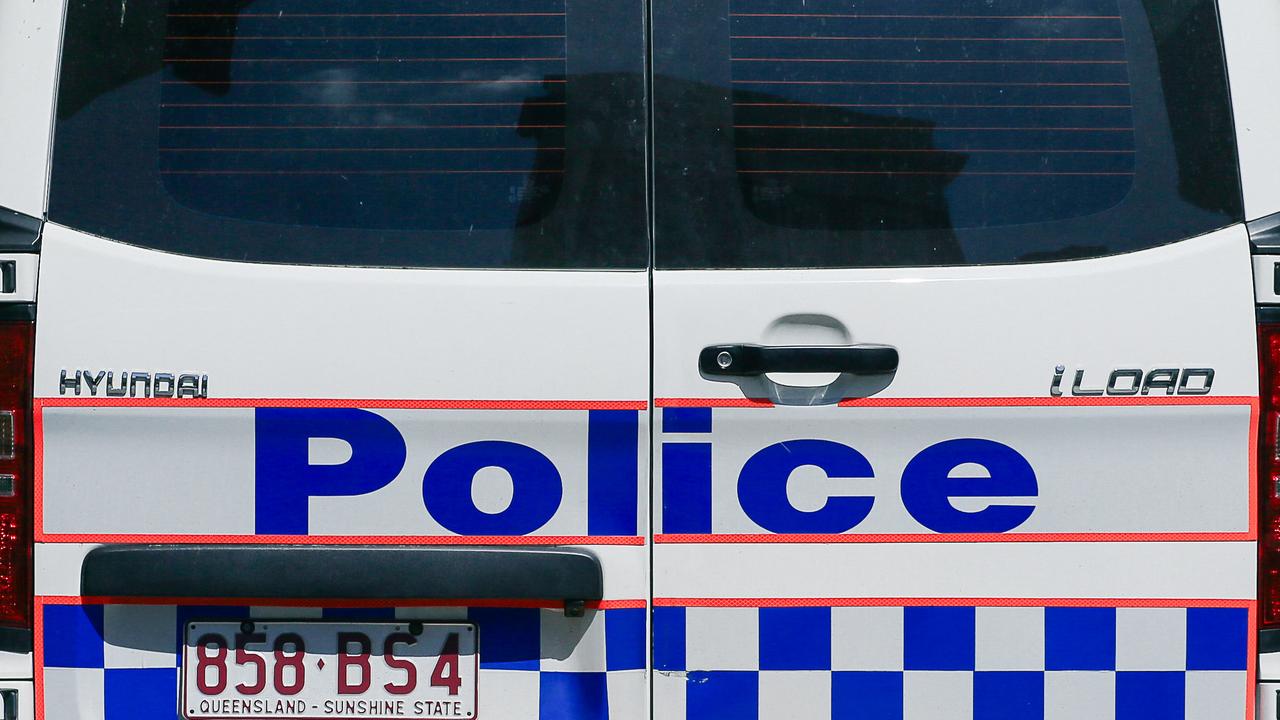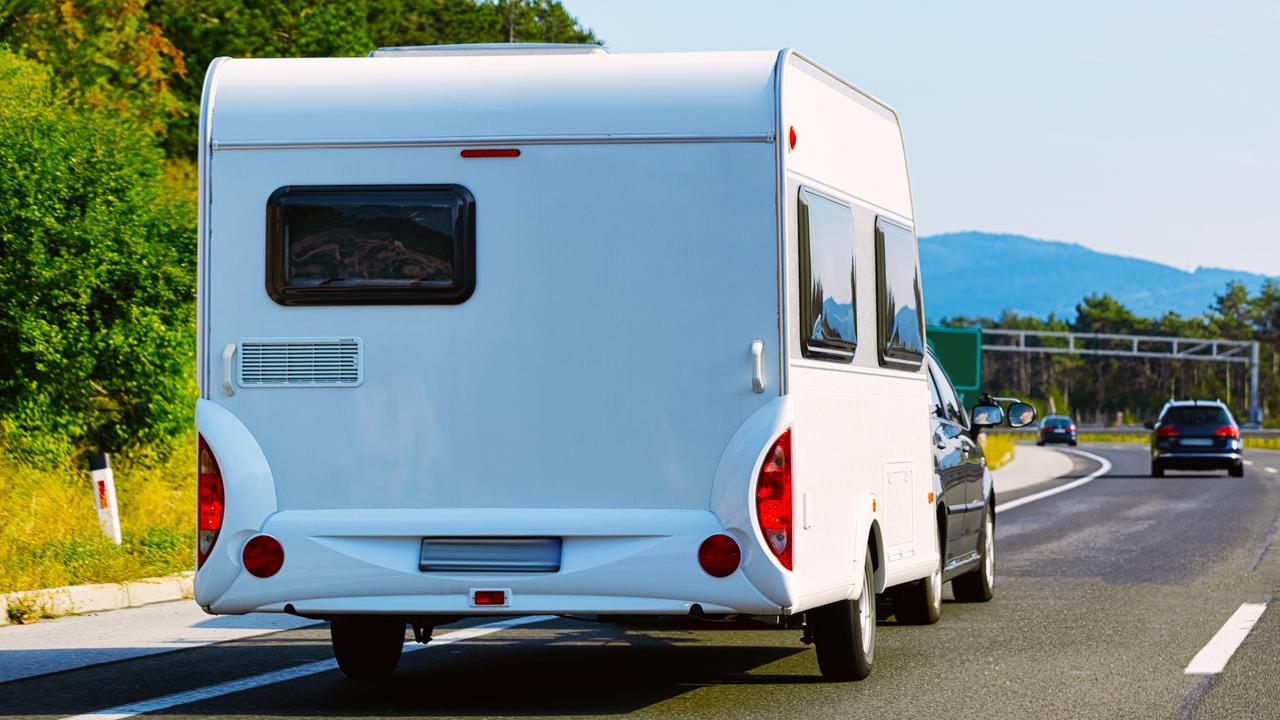Calls for restrictions as medical cannabis use surges in Qld
The rapid rise of medical cannabis use in Queensland has forced peak medical bodies to seek tighter prescription regulations.

QLD News
Don't miss out on the headlines from QLD News. Followed categories will be added to My News.
The rapid rise of medical cannabis use in Queensland has forced peak medical bodies to seek tighter prescription regulations.
Fears have been sparked as rising numbers of Queenslanders, with no previous mental health conditions, are turning up at the state’s emergency departments with frightening symptoms of psychosis after being prescribed medical cannabis.
The state’s rate of prescribing of medicinal cannabis products is higher than that of all other jurisdictions combined, with 167,000 scripts issued since licensing began in 2016.
The Australian Medical Association Queensland, the Royal Australian and New Zealand College of Psychiatrists (RANZCP, Queensland Branch) and the Pharmacy Guild of Australia, Queensland have outlined their serious concerns in a letter to the TGA.
“Patients, particularly those with psychotic illnesses, are suffering significant adverse
health outcomes from inappropriate prescribing and use of products with highly potent
concentrations of tetrahydrocannabinol (THC),” the letter states.

Research from Associate Professor Stephen Parker, psychiatrist and clinical lead at the Metro North Hospital and Health Service’s early psychosis service, has revealed that one in 10 people referred to his services at the Royal Brisbane and Women’s Hospital and Prince Charles Hospital for support had been prescribed medical cannabis in the three months prior, for issues like anxiety.
The doctor told The Courier Mail that the public perception of medical cannabis production as a harmless panacea is understandable due to extensive marketing but the risks are under-recognised.
“Over the last 18 months I have seen more and more young people on a great life trajectory suddenly finding that their lives are falling apart after being prescribed high-dose cannabis,” he said.
Medical cannabis dispensaries have become increasingly accessible via brief web consultations or via self-assessment of pre-existing conditions.
The medical bodies have highlighted in the letter their serious concerns about medicinal cannabis business models “that do not appear to have appropriate clinical governance and regulatory oversight to maintain professional standards for clinicians, do not meet the Medical Board of Australia’s telehealth guidelines and engage in direct consumer marketing”.
The clinicians are alarmed that the products continue to be prescribed for conditions for
which there is no evidence, including anxiety, insomnia and chronic pain and for patients
with comorbidities or who are taking other medicines where use of medicinal cannabis is
contraindicated.
“We are aware the TGA is discussing these issues with many agencies including AHPRA and
different practitioner boards but doctors and pharmacists remain largely unaware of this
work or the issues with medicinal cannabis use. Our organisations ask you to provide more information to health practitioners about appropriate prescribing of medicinal cannabis products and take action to improve its regulation, particularly the concentrations of THC allowable under relevant legislation,” he said.
Originally published as Calls for restrictions as medical cannabis use surges in Qld




